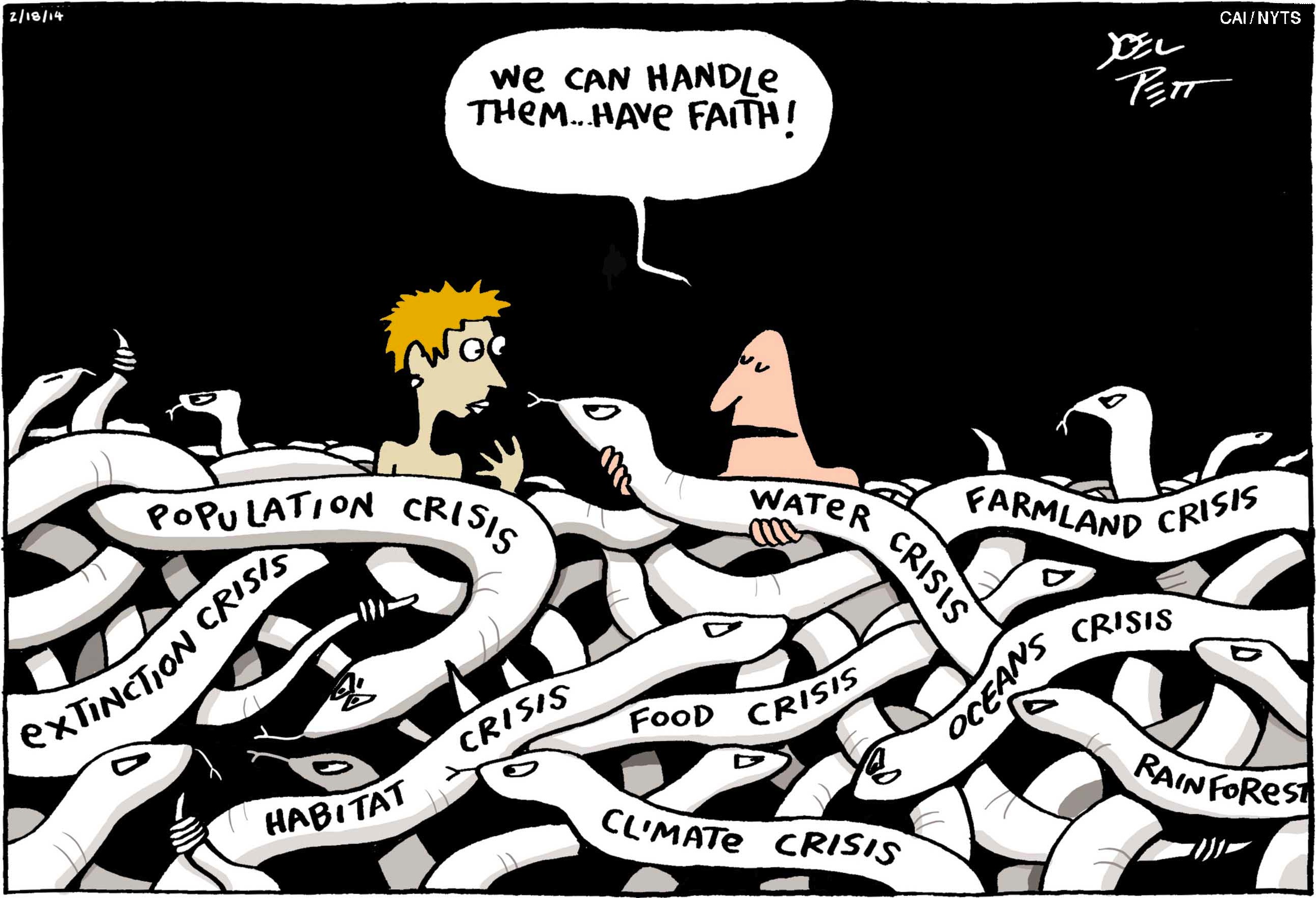Our generation has a unique opportunity. If we set our minds to it, we could be the first in human history to leave our children nothing: no greenhouse gas emissions, no poverty and no biodiversity loss.
That is the course that world leaders set when they met at the United Nations in New York on Sept. 25 to adopt the Sustainable Development Goals (SDGs). The 17 goals range from ending poverty and improving health to protecting the planet's biosphere and providing energy for all. They emerged from the largest summit in the U.N.'s history, the "Rio+20" conference in 2012, followed by the largest consultation the U.N. has ever undertaken.
Unlike their predecessor, the Millennium Development Goals, which focused almost exclusively on developing countries, the new global goals are universal and apply to all countries equally. Their adoption indicates widespread acceptance of the fact that all countries share responsibility for the long-term stability of Earth's natural cycles, on which the planet's ability to support us depends.



